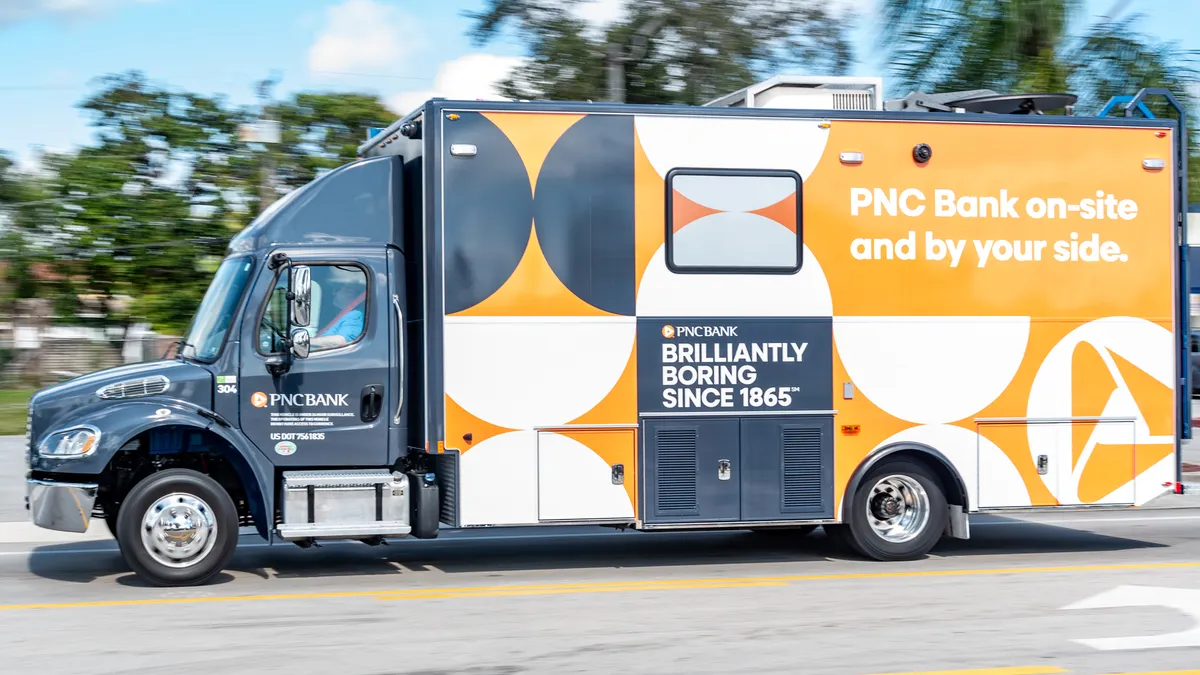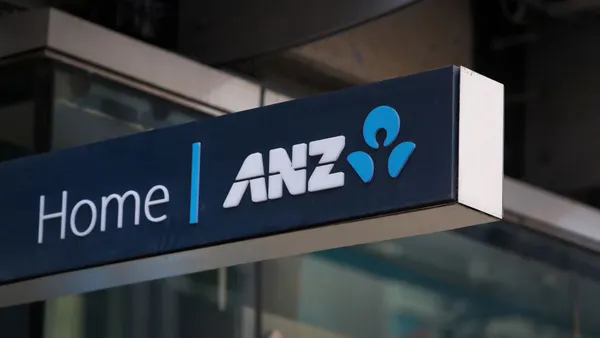Dive Brief:
-
Edward Jones is pursuing an industrial loan company (ILC) charter, the investment firm announced last week.
-
The St. Louis-based company said it filed applications with the Federal Deposit Insurance Corp. (FDIC) and the Utah Department of Financial Institutions to establish the Edward Jones Bank, a Utah-chartered industrial bank.
-
"We're hearing from our clients that they are looking for a centralized source for saving, spending and borrowing," Matt Burkemper, Edward Jones's principal responsible for banking, said in a statement. "With an affiliated bank, we would have the opportunity to enhance and expand our offerings, better enabling Edward Jones financial advisors to help clients meet their comprehensive financial goals."
Dive Insight:
The nearly 100-year-old Edward Jones is the latest entity to take the ILC route to establish a bank.
ILCs are financial institutions owned by commercial firms that are not regulated by a federal banking agency.
An affiliated bank would enable Edward Jones to broaden its offerings for retail investors, Ken Cella, Edward Jones's principal responsible for the client strategies group, said in a statement.
"Given market conditions, we believe the need for enhancements to our financial services is more important than ever to our clients as they look to reach their financial goals," he said.
The investment firm, which has 7 million clients and $1.2 trillion in assets, said it expects the bank application process to take an "extended period of time."
If the application is approved, the firm said it believes the bank's operations could begin late next year. Ray Dardano would serve as the bank's president, Edward Jones said.
Fintech Square and the student loan servicer Nelnet both received ILC approval in March, while Japanese e-commerce company Rakuten and commercial equipment finance company GreatAmerica Financial Services Corp. have submissions pending.
Rakuten withdrew its application in late March and resubmitted it in late May — a move that drew criticism from trade groups such as the American Bankers Association, the Bank Policy Institute and the Consumer Bankers Association.
"We believe that the revised application has not materially changed and does little to address the fundamental question of mixing banking and non-financial activity as raised by the initial application, including concerns involving the use, privacy, and security of customer information," the groups wrote in late June to the FDIC.
ILC opponents say the model exploits a loophole by allowing companies to offer banking services without oversight by the Federal Reserve.
Sen. John Kennedy, R-LA, introduced a bill in November that would halt companies from establishing ILCs. "It's just a bad idea for commerce and banking to mix," Kennedy said in a statement last fall. "Not only is it unfair to community banks who have to play by different rules, it's bad for consumers."
The FDIC issued a notice of proposed rulemaking in March to codify the standards it says it already applies to ILCs, such as confirmation of financial backing from the parent company and recordkeeping and reporting requirements, among others.
House Financial Services Committee Chairwoman Maxine Waters, D-CA, along with the Independent Community Bankers of America (ICBA), have asked the FDIC to hold off on approving any new ILCs until after it finalizes its new rule.













